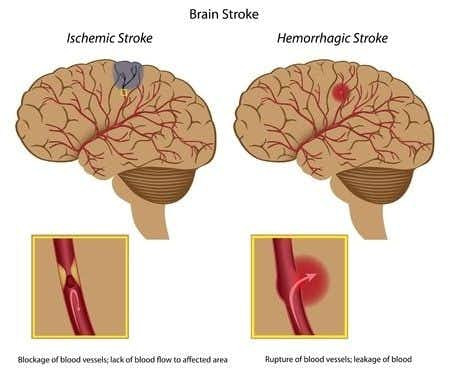This case involves an eighty-three-year-old female patient with a past medical history of hypertension, diabetes, and elevated cholesterol. The patient was rushed to a major medical center after awakening in the morning with left-sided facial numbness, facial drooping, and total paralysis on the left side of the body. The patient was rushed to the hospital within twenty minutes of developing the symptoms but a stroke code was not called until after the patient arrived at the medical facility. It took over two hours before a neurologist fully examined the patient and the determination to use tPA was decided against due to an unknown exact time of when the stroke symptoms manifested. The patient never recovered any motor function on the left side and has severe difficulty speaking.
Question(s) For Expert Witness
1. What is the current accepted standard of care in treating stroke in the acute care setting?
Expert Witness Response
Establishing the time at which the patient was last without stroke symptoms is especially critical when thrombolytic therapy is an option. If the patient awakens with symptoms, then the time of onset is defined as the time at which the patient was last seen to be without symptoms. Family members, co-workers, and bystanders may be required to help establish the exact time of onset, especially in right hemispheric strokes accompanied by neglect or left hemispheric strokes with aphasia. The goal for the acute management of patients with stroke is to stabilize the patient and to complete initial evaluation and assessment, including imaging and laboratory studies within sixty minutes of patient arrival. Critical decisions focus on blood pressure control, the need for intubation, and determination of risk-to-benefit profile for thrombolytic intervention. Referral to a hospital with a special interest in stroke is ideal as stroke care units improve outcomes with specially trained personnel.
About the author
Jason Cohn
Jason is a 4th year medical student pursuing a career in Otolaryngology/Facial Plastic Surgery. His Interest include sports, fitness, chemistry, otolaryngology, plastic surgery, allergy/immunology, surgical oncology, human genetics, public health, preventative medicine, and rheumatology.



